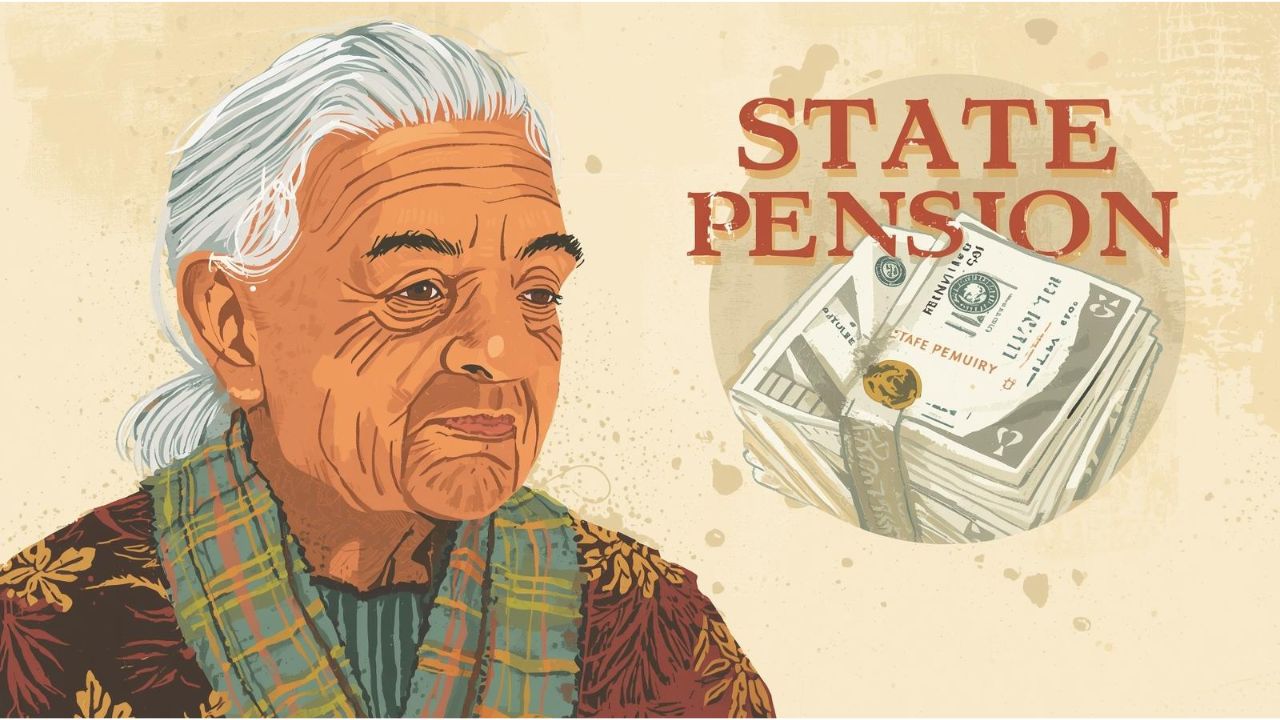A heartfelt new petition is challenging the government to modernise the State Pension system, arguing that its inheritance rules are outdated and fail to protect thousands of vulnerable families.
The petition, hosted on the official Parliamentary website, calls on the Department for Work and Pensions (DWP) to radically change the law. It demands that individuals be allowed to pass on their State Pension benefits to children, long-term cohabiting partners, or dependent carers—not just a spouse or civil partner.
The current system is strict: when a pensioner dies, their State Pension benefits can only be inherited by a legally married partner or civil partner. This excludes countless others who may have been financially dependent on them, leaving these loved ones at risk of hardship.
The petition highlights real-world situations that the current rules ignore, such as:
A parent who financially supports an adult child with disabilities.
A long-term unmarried partner who shared living costs.
A family member or carer who was dependent on the pensioner for support.
“We believe in having a system that recognises real-world relationships and dependency,” the petition states. “Allowing people to nominate a beneficiary, or offer a lump sum to dependents, could help protect vulnerable loved ones from financial hardship after bereavement.”
What Are the Current Rules?
Under the existing system, your ability to inherit a State Pension depends on when you reached State Pension age:
If you reached State Pension age before 6 April 2016: You can claim extra payments based on your partner’s National Insurance record when you claim your own pension. This entitlement stops if you remarry or form a new civil partnership before you reach State Pension age.
If you reached State Pension age on or after 6 April 2016: You receive the ‘new State Pension’ and may inherit an extra payment on top of your own, but again, this is typically only available to spouses or civil partners.
The government is yet to respond to this petition. However, it sparks a crucial conversation about whether our national pension system needs to evolve to better reflect the diverse nature of modern families and dependencies.
People Also Ask: Questions & Answers
Q: Can my child inherit my State Pension when I die?
A: No, under the current UK rules, your State Pension cannot be passed directly to your children. It can only be inherited by a surviving spouse or civil partner, and only under specific conditions.
Q: What can an unmarried partner inherit?
A: Unfortunately, an unmarried partner has no automatic rights to inherit any part of your State Pension, regardless of how long you have lived together. This petition seeks to change that by allowing individuals to nominate a long-term partner as a beneficiary.
Q: How do I check what State Pension I can claim?
A: The best way to get accurate, personalised information is to contact the government’s Pension Service directly. They can provide a statement based on your National Insurance contribution record.
Q: What is the difference between the old and new State Pension?
A: The key difference is the date you reached State Pension age. The ‘old’ rules apply if you reached State Pension age before 6 April 2016. The ‘new’ State Pension applies to those who reached it on or after that date. The inheritance rules differ slightly between the two systems.
